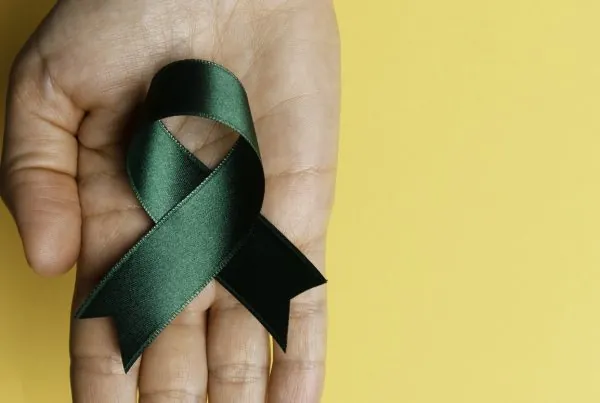Are you faced with a big breakup and having trouble letting go? We all know breaking up is  hard to do. It’s tough whether you’re in a failing relationship, a waning friendship, a job that isn’t working out, a partnership that feels splintered, or any relationship that has simply stopped serving you. What if that relationship you so desperately need to end is your relationship with drugs and alcohol? What if the relationship that isn’t serving you is your relationship with your anger or greed? Being faced with a breakup of this caliber is tough.
hard to do. It’s tough whether you’re in a failing relationship, a waning friendship, a job that isn’t working out, a partnership that feels splintered, or any relationship that has simply stopped serving you. What if that relationship you so desperately need to end is your relationship with drugs and alcohol? What if the relationship that isn’t serving you is your relationship with your anger or greed? Being faced with a breakup of this caliber is tough.
It’s not ironic to me that we stay when we should go. Letting go is hard. It’s scary. It’s full of what-ifs and the unknown. Letting go of something that isn’t working can mean failure, but really what it most often shows us is great success. Our attachment to the familiar holds us back from investigating and cultivating change. In fact, change is something many of us fear. I once knew someone who was so afraid of change that he stayed in the same house, wore the same clothes, ate the same foods, spoke to the same people, and lived in the same town, all to his detriment. Every time an opportunity for change appeared, he recoiled, and became angry, volatile, even. The unknown was unbearable; change was his bogeyman. He ended up stuck in the sticky bitterness of his fear.
Addiction and the behaviors around addiction represent an unhealthy relationship. Addiction is that relationship we attach to while spinning out of control, creating external and internal harm, along with a cycle of shame. This relationship with addiction reminds me of the abuse cycle itself:
- We are intimidated by it
- We feel threatened by it
- We feel bad about ourselves because of it
- It isolates us and controls our relationships
- We deny its existence
- We lose our jobs or can’t get a job
- It makes us financially unstable
- It lies to us, making us feel good so we forget and start all over
These relationships with addiction and anger are the ones we need to end. Breaking up is hard to do. In letting go and moving toward freedom, we face the unknown, and often times, we have to face the thing we were hiding with our addiction. Things like untreated mental illness, poverty, sexual abuse, domestic violence, alcoholic parents or caregivers, and untended trauma are daunting. They are the beasts in the shadows. Still, the relationship to addiction has to end in order for any truths to come out. We have to lean toward our difficulties so we can eventually move through them. This is the breakup of your life: the one that will change your life for the better, and the one that will ultimately set you free.
Your relationship to addiction does not serve you. It never did. This breakup? It will serve you well. Recovery will set you on a path to heal. You will learn to set healthy boundaries; you will learn to love yourself; you will learn to be of service. You will learn to let go.
Remember this: Asking for help is a form of self-care, and accepting it is a form of self-love. You are worth it.






